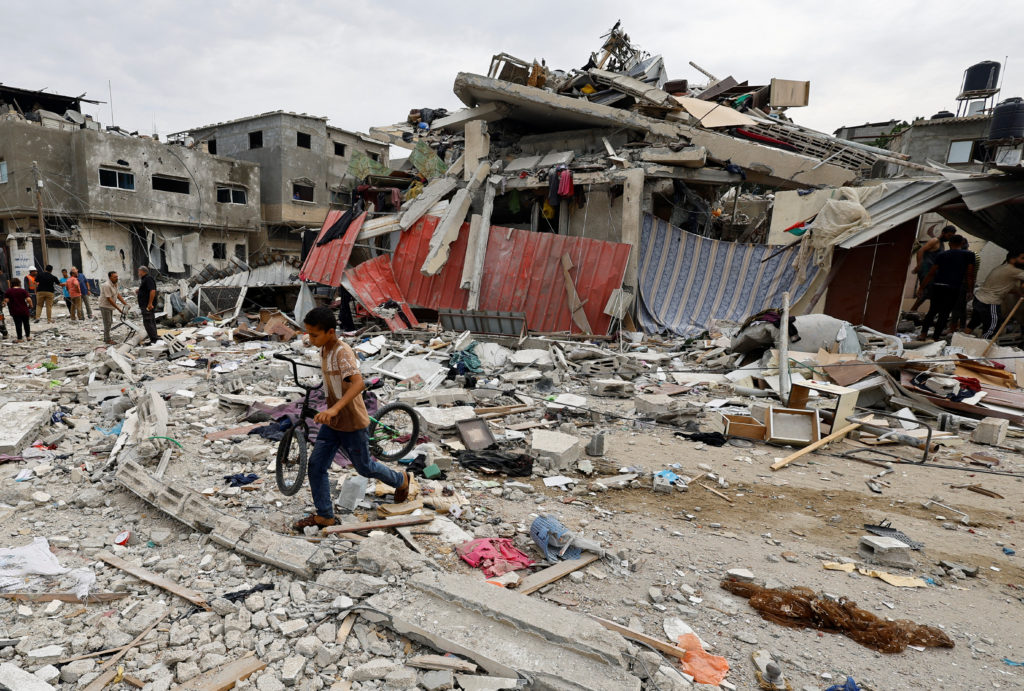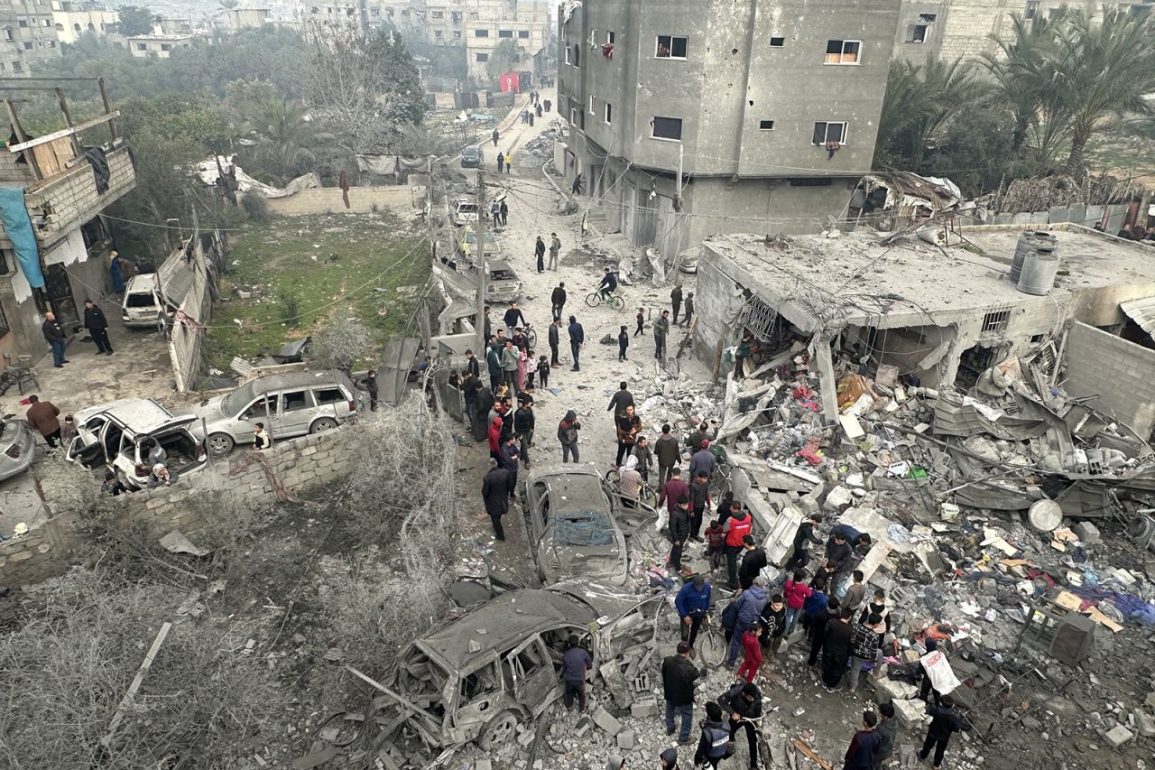The fragile U.S.-backed cease-fire between Israel and Hamas collapsed early Tuesday as Israeli warplanes launched a large-scale assault on Gaza. Prime Minister Benjamin Netanyahu and Defense Minister Israel Katz ordered the Israel Defense Forces (IDF) to initiate strong military action against Hamas, marking the end of a tense truce that had lasted since mid-January.
The renewed bombardment came after Israel accused Hamas of rejecting a proposed cease-fire and refusing to release Israeli hostages. Evacuation orders were swiftly issued for areas near the Gaza-Israel border as the IDF designated them “dangerous combat zones.”
Rising Civilian Deaths, Hostage Fears Fuel Urgent Calls for Cease-fire and Diplomacy
According to the Gazan Ministry of Health, at least 404 Palestinians were killed and over 560 were injured in the renewed strikes. Many victims remain trapped under the rubble as rescue efforts continue. The ministry did not distinguish between civilian and militant casualties, raising alarm about the impact on non-combatants.
International humanitarian groups, including Oxfam, condemned the airstrikes, stating that the targeting of civilians and essential infrastructure is indefensible and a breach of international obligations. U.N. officials also expressed outrage, urging immediate efforts to prevent further civilian suffering.

The resumption of hostilities has reignited fears among families of the 59 hostages still believed to be held in Gaza. Survivors of Hamas captivity and advocacy groups have called for an urgent return to negotiations, emphasizing that renewed fighting could endanger the lives of remaining captives. Protests erupted in Jerusalem and Tel Aviv, where former hostages and relatives spoke out against the military escalation, pleading for a renewed diplomatic push to bring their loved ones home.
Netanyahu Ends Cease-fire Amid Global Outcry, Failed Negotiations Deepen Gaza Crisis Further
In a national address, Netanyahu declared the cease-fire over and reaffirmed Israel’s commitment to defeating Hamas and securing the return of hostages. The Palestinian Authority, meanwhile, accused Israel of violating the cease-fire and committing aggression against civilians. U.N. Human Rights Chief Volker Turk and other international figures called for an immediate and unconditional release of all hostages and detainees, and for a permanent end to the conflict. The situation continues to draw global scrutiny and condemnation from humanitarian and diplomatic entities.
Tensions leading up to the renewed conflict stemmed from failed negotiations over extending the truce, with Israel blaming Hamas for rejecting peace efforts and halting hostage talks. In response, Israel had previously blocked humanitarian aid to Gaza, exacerbating the already dire conditions in the enclave. The return to violence marks a significant setback in the pursuit of a sustainable peace and highlights the fragility of diplomatic channels in the face of long-standing hostilities. The international community now faces mounting pressure to intervene and broker a lasting resolution.


